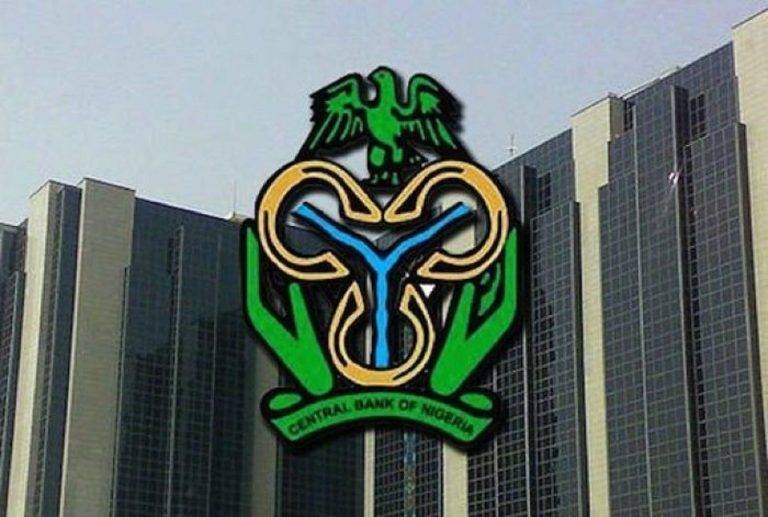In the first quarter (Q1) of 2024, Nigeria recorded total direct foreign exchange (FX) remittances amounting to $282.61 million. This figure reflects a decrease of $18.96 million or 6.28% compared to the diaspora remittances of $301.57 million recorded in Q1 2023. The data is sourced from international payment data on the Central Bank of Nigeria (CBN) website.
Understanding Direct Foreign Exchange Remittances
Direct foreign exchange remittances pertain to money transfers from abroad to individuals or family members in Nigeria. These remittances are facilitated through international money transfer operators (IMTOs), and the CBN data covers remittances channelled through formal channels.
Breakdown of Remittance Payments
- Remittances totalled approximately $79.19 million in January 2023, while they significantly increased to nearly $138.56 million in January 2024, marking a year-over-year growth of approximately 75% for the month.
- February 2023 recorded remittances of about $83.76 million, but February 2024 saw a notable decline to just $39.15 million, representing a year-over-year decrease of over 53%.
- March 2023 peaked with remittances amounting to $138.63 million. However, March 2024 witnessed a decline, with remittances totalling $104.91 million, marking a drop of approximately 24% compared to the previous year.
Factors Influencing Fluctuations
Various economic factors, policy changes, or external variables impacting remittance flows during specific periods could influence year-over-year fluctuations in remittance inflows.
CBN’s Efforts to Boost Remittances
The CBN has taken steps to enhance remittance flows through formal channels. This includes granting Approval-in-Principle (AIP) to 14 new IMTOs to double foreign-currency remittance flows. Additionally, the CBN has collaborated with IMTOs to establish a Collaborative Task Force aimed at doubling remittance inflows into Nigeria.
Key Policy Reforms
In January 2024, the CBN issued a circular removing the previous cap on exchange rates quoted by IMTOs. The apex bank also released revised guidelines for IMTO operations, increasing the application fee for an IMTO license and establishing minimum operating capital requirements.
At a CBN roundtable during the World Bank/IMF Spring Meetings, stakeholders emphasized the need to reduce transaction costs for diaspora remittances and advocated for Nigeria’s removal from the Financial Action Task Force (FATF) grey list to facilitate smoother remittance flows.
Conclusion
The decline in diaspora remittances during Q1 2024, coupled with ongoing CBN reforms, underscores the importance of addressing challenges and implementing measures to enhance remittance inflows into Nigeria’s economy.











